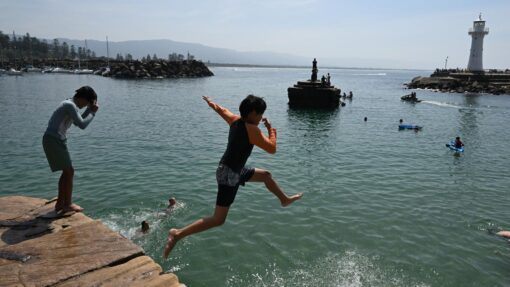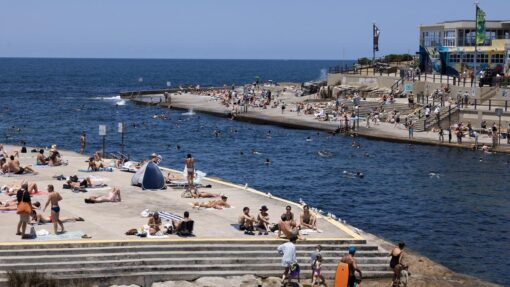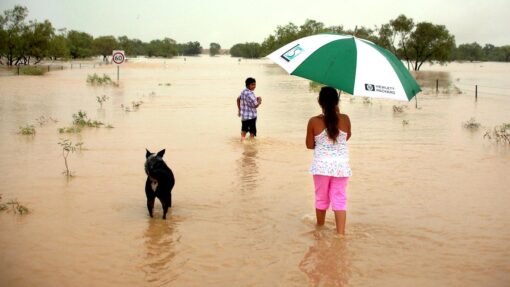Cape York visitors urged to be careful as northern bushfire season begins
Richard Dinnen - Queensland Editor |
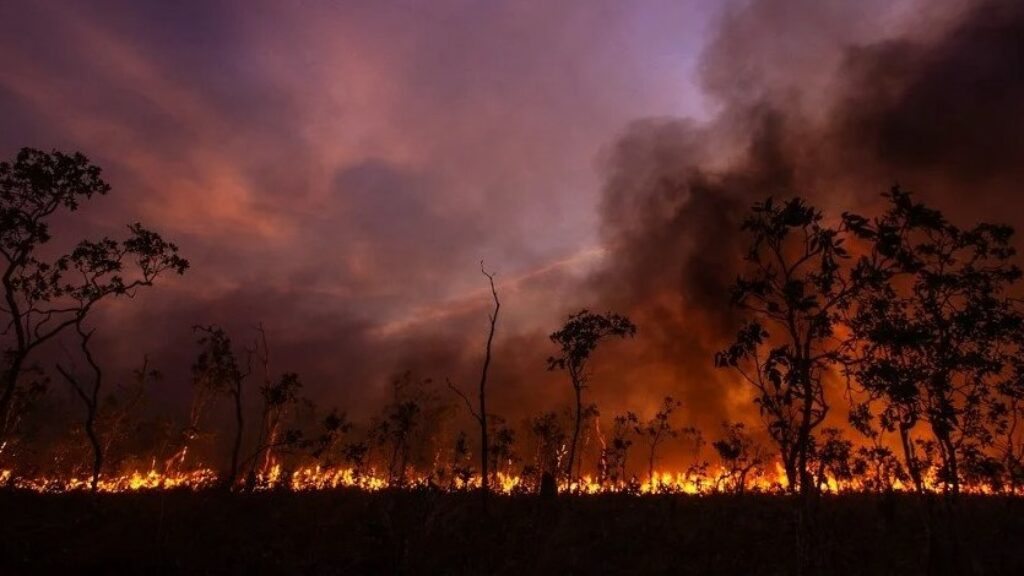
Police have warned visitors to Cape York Peninsula to be extra careful about fire, as the northern bushfire season begins.
Detective Senior Constable Simon Jackson, of the Major and Organised Crime Squad, said lighting of fires on roadways or leaving campfires smouldering can have significant effects on landowners.
“The lives of the many people who have to fight the fires for weeks on end to try and minimise the damage caused, are also endangered.
“People travelling in rural and remote areas need to remember that the rights of the landowners need to be considered.
“People on properties have the same rights as people in towns, they just have a bigger back yard.
“If you haven’t got permission to be on a property then don’t go there and please consider your actions and how they may impact on the property owners.”
It’s peak visitor season on Cape York, with large numbers of people in four-wheel drives travelling the region’s unsealed roads and camping in the bush.
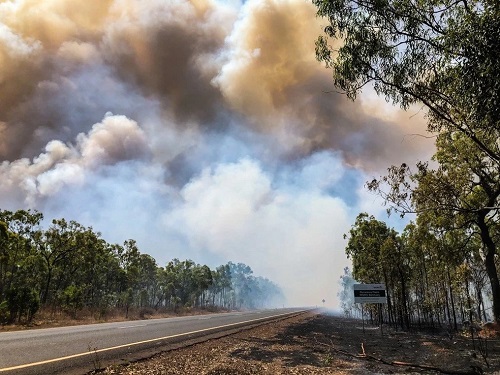
It’s also well into the northern dry season, with higher temperatures, less humidity and ground moisture, creating ideal conditions for wildfires.
The closest fire station may be several hours drive away, so local property owners do all they can to prevent fires. They’ve started checking their boundaries regularly for signs of fire.
And police have urged people to report any signs of deliberately lit fires. Detective Senior Constable Luke Russell, from Weipa Criminal Investigation Branch, said it’s important to report suspicious activity.
“People need to remember that there can be unforeseen consequences of deliberately lit fires.
“These fires can lead to property loss and loss of life. If that is the case, police may be investigating life imprisonment offences such as manslaughter and arson.
“People seem to lack awareness about the serious consequences of lighting fires in the bush.”
In southern Australia, bushfires mostly occur during summer. In the north, the season begins in late winter or spring, and can produce the nation’s largest and most frequent fires.
Grasses and vegetation that flourished during the tropical wet season cures through the dry season, and can be easily ignited by sparks, cigarettes, and lightning.
